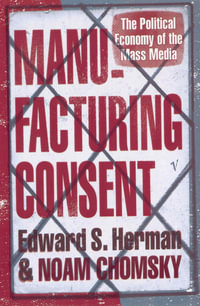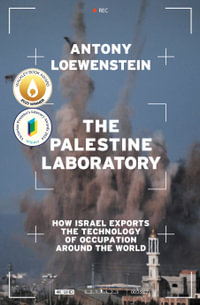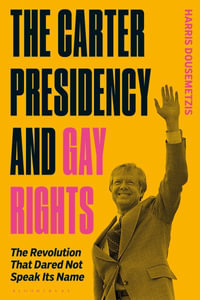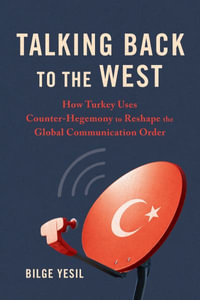This book is about power. The power wielded over others - by absolute monarchs, tyrannical totalitarian regimes and military occupiers - and the power of the people who resist and deny their rulers' claims to that authority by whatever means. The extraordinary events in the Middle East in 2011 offered a vivid example of how non-violent demonstration can topple seemingly invincible rulers. This book considers the ways in which the people have united to unseat their oppressors and fight against the status quo and probes the relationship between power and forms of resistance. It also examines how common experiences of violence and repression create new collective identities. This brilliant, yet unsettling book affords a panoramic view of the twentieth and twenty-first century Middle East through occupation, oppression and political resistance.
Industry Reviews
'This spirited account carries conviction and by telling it Tripp has made an important contribution in supplementing the record of national liberation struggles.' Morning Star
'This important and erudite book is written with clarity and illuminated with a commanding knowledge of the Middle East and its complexities. It should be read by anyone hoping to calibrate their moral and political bearings in this difficult and problematic region.' The Times Literary Supplement
'Charles Tripp has written a remarkable book that provides historical depth and rigorous insight into the long arcs of protest in the Middle East and North Africa. Ranging from Morocco to Iran and from the nineteenth century to the 'Arab Spring', Tripp dissects the pathways of popular resistance to authoritarian power. Mixing country case-studies with reflections on the nature of violence, authority and symbolism, he demonstrates how they have for decades undermined the edifice of autocracy in often surprising and effective ways. At a time of profound regional upheaval and great uncertainty over the general 'direction of travel', the book provides a timely and highly original insight into power and politics in the modern Middle East.' Kristian Coates Ulrichsen, International Affairs
'In this book, Tripp looks at recent movements across the Middle East for those hidden causes and underlying motivations that often remain unseen and ignored by both scholars and policy makers, much to their analytical detriment ... Tripp gives readers the opportunity to understand the issue of civil unrest and potential uprising regardless of geography or specific case study ... This insightful work is organized in a comprehensive, probing manner likely to maintain its significance well into the future. It makes sense and is accessible to all: a much-needed addition to the literature. Summing up: highly recommended. All readership levels.' M. D. Crosston, Choice
'... incredibly useful as a core text for a course on resistance movements in the Middle East, and scholars already familiar with the topic and historical context should gain something from Tripp's ability to weave these seemingly diverse and unconnected events together in a single book.' H-Net Reviews
























